10 YEARS IN REVIEW: A LETTER FROM OUR DIRECTOR
Finding appropriate metrics to summarize a decade of work by and at Data-Pop Alliance is not easy. It could be the number of projects completed (over 100), of our publications (92), of countries where we have worked (over 30), or partners we have collaborated with (countless). It could also be our team size –now oscillating between 30 and 40– or our budget, now slightly over $1m USD per year (we are indeed lean). It could be the number of sleepless nights, of proposals sent out; that of moments of deep joy and pride or that of crushing disappointments. Measuring our “impact” is even more difficult when so many variables come into play. A key factor is unmeasurable: our resolve.
Building and running an NGO such as DPA is hard work. I have been on the verge of giving up too many times to count. But I (and we) have persisted, and we will continue to do so for as long as possible –even as the current funding context for the kind of work we do is extremely challenging, which is why we are seeking more donations to further our mission.
We, as a team, and with our partners in Senegal, Haiti, Morocco, Mexico, Tunisia, Sierra Leone, Colombia, Liberia, Brazil, Ghana –to name a few of our priority countries– are driven by the conviction that what we are trying to achieve is worth persisting and supporting. Without being overly pessimistic, we cannot be content with the world in this era. While more data, technology, and wealth are available than ever before, conflict, violence, injustice, environmental degradation, and social distrust flourish –usually fueled by unquenchable greed and unchecked egos. We can and must do better.
Data, technology and AI can be leveraged to change the world for the better, in ways that reflect and promote humanistic goals. For that we need to course correct; to change the value systems, decision-making processes, and power structures that shape real-world outcomes. Key is ensuring that ‘solutions’ respond to actual problems; that people and communities who face them are involved at every step; that justice and equity be put front and center; that social innovations match technological innovations; that data be used as a lens, as a language and as a lever to promote societal learning and progress.
Over the next few months and hopefully years, we will continue to push forward without getting bogged down in the metrics of our work, to make data, technology and AI forces of positive social change, with your support.

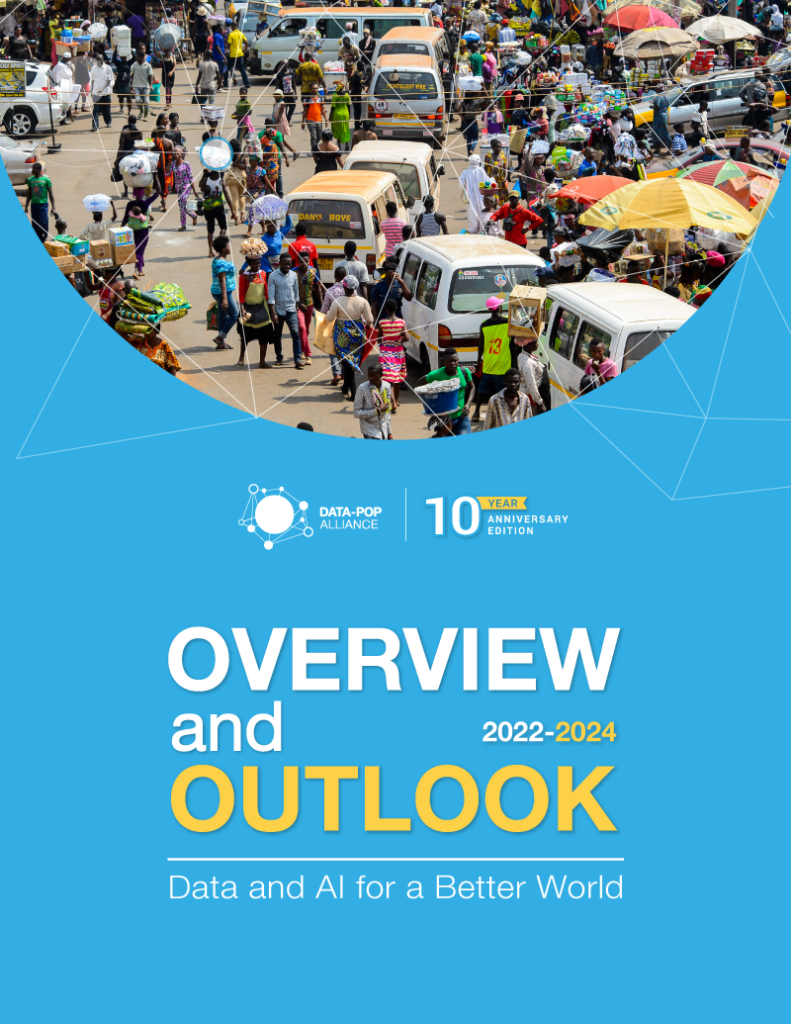
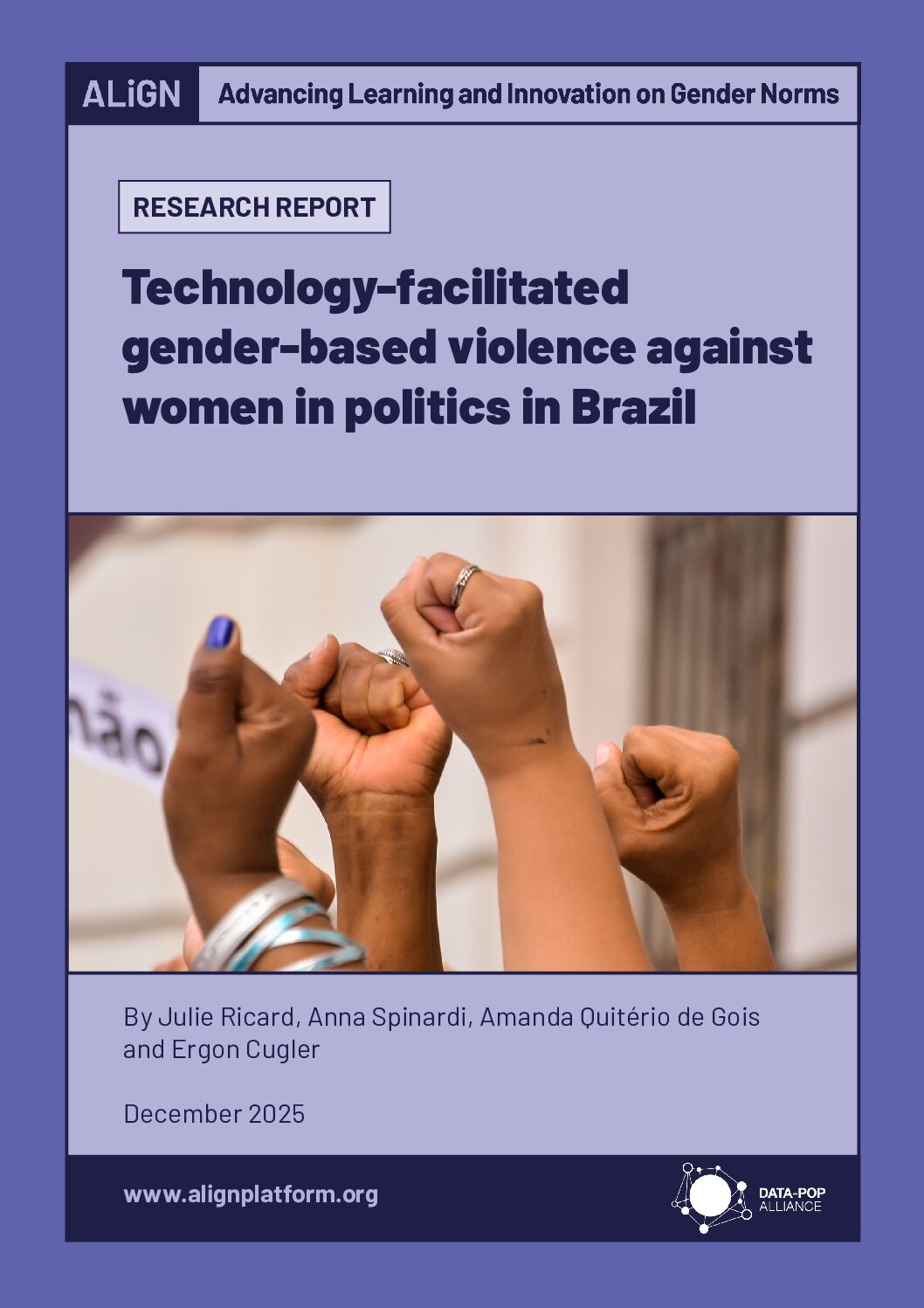
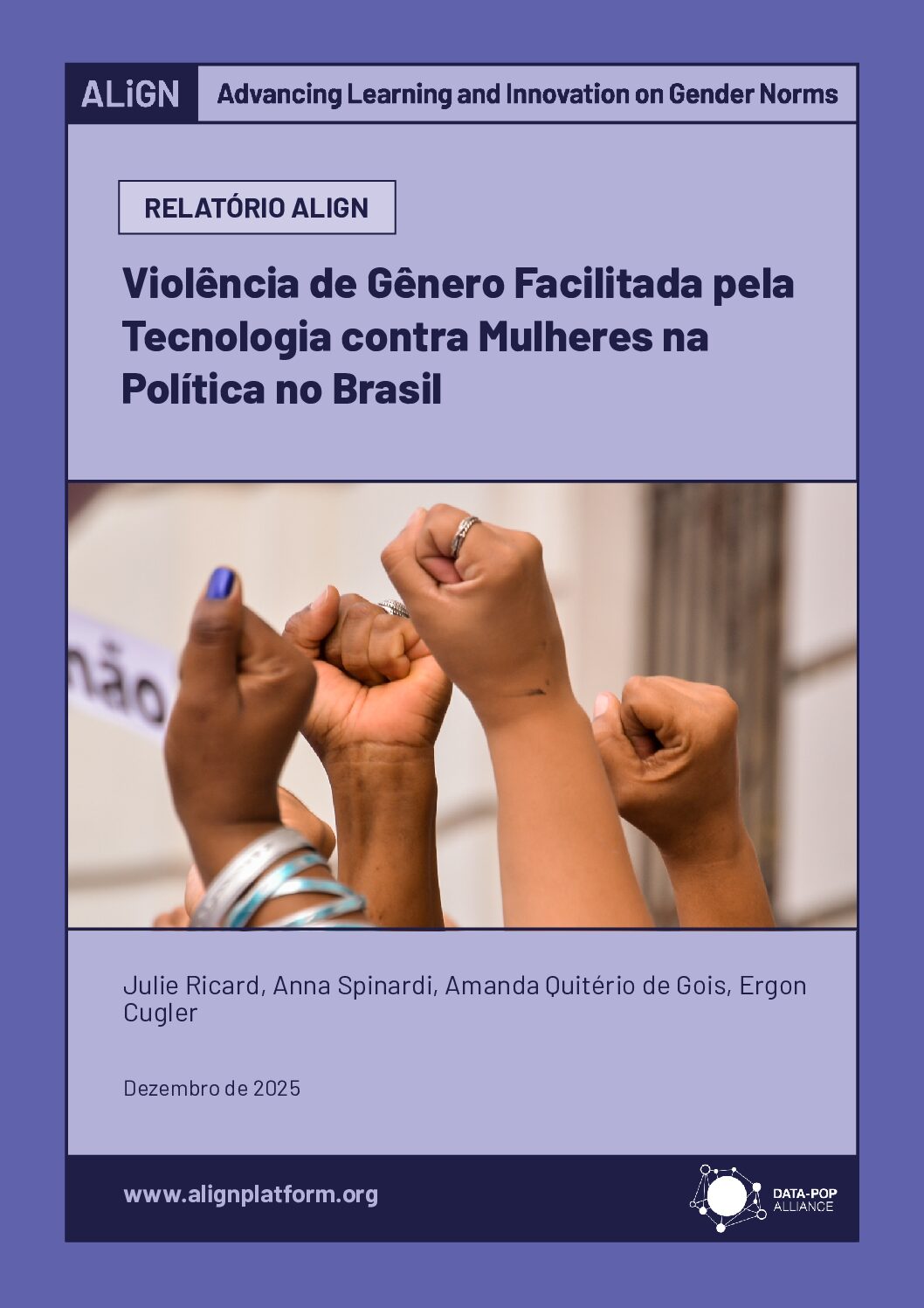
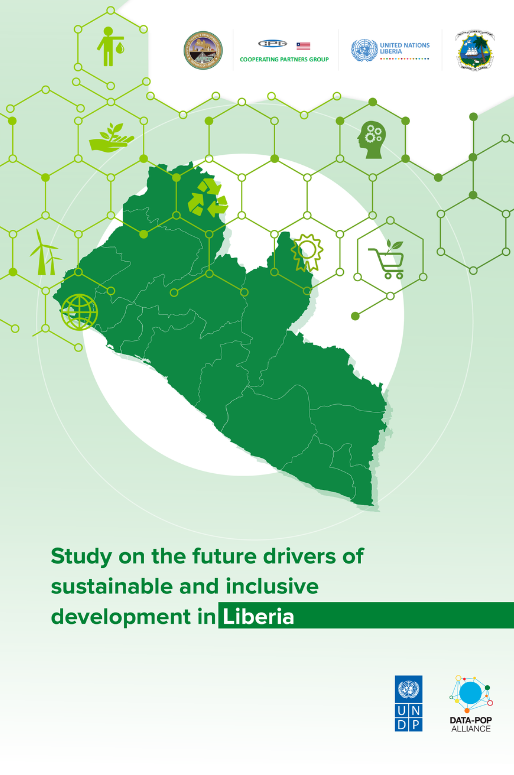

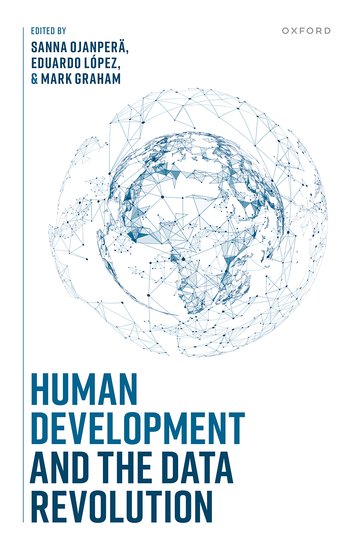
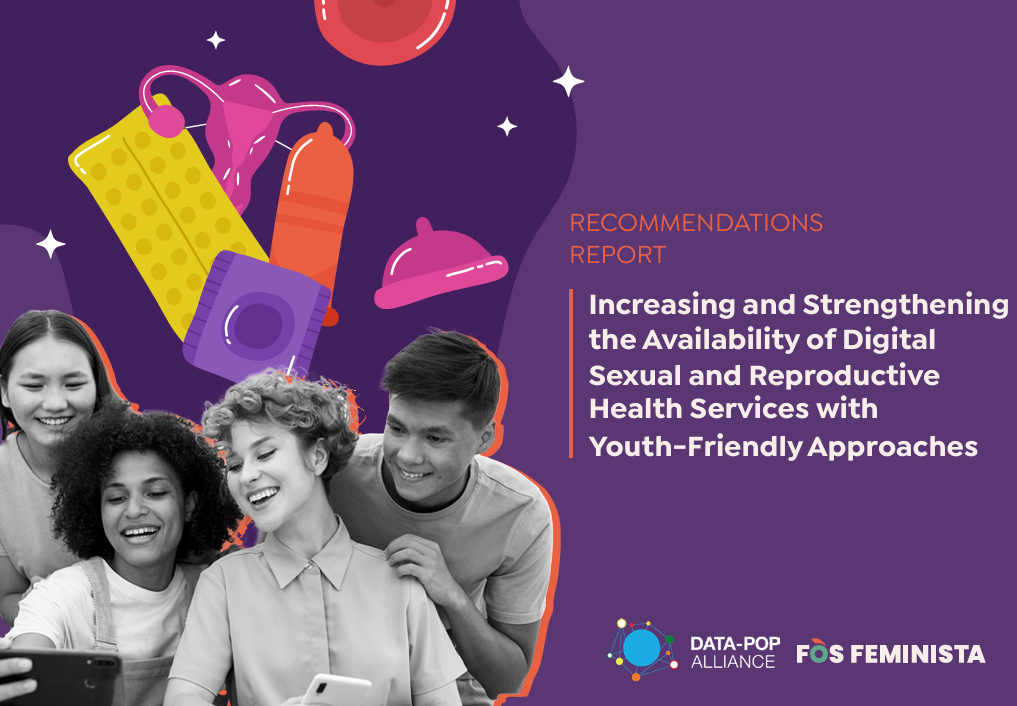
![[P124] cover Bangladesh_Report](https://datapopalliance.org/wp-content/uploads/2025/04/P124-cover-Bangladesh_Report.png)

![[WEB] Feature Blog Post](https://datapopalliance.org/wp-content/uploads/2025/02/WEB-Feature-Blog-Post-.png)
